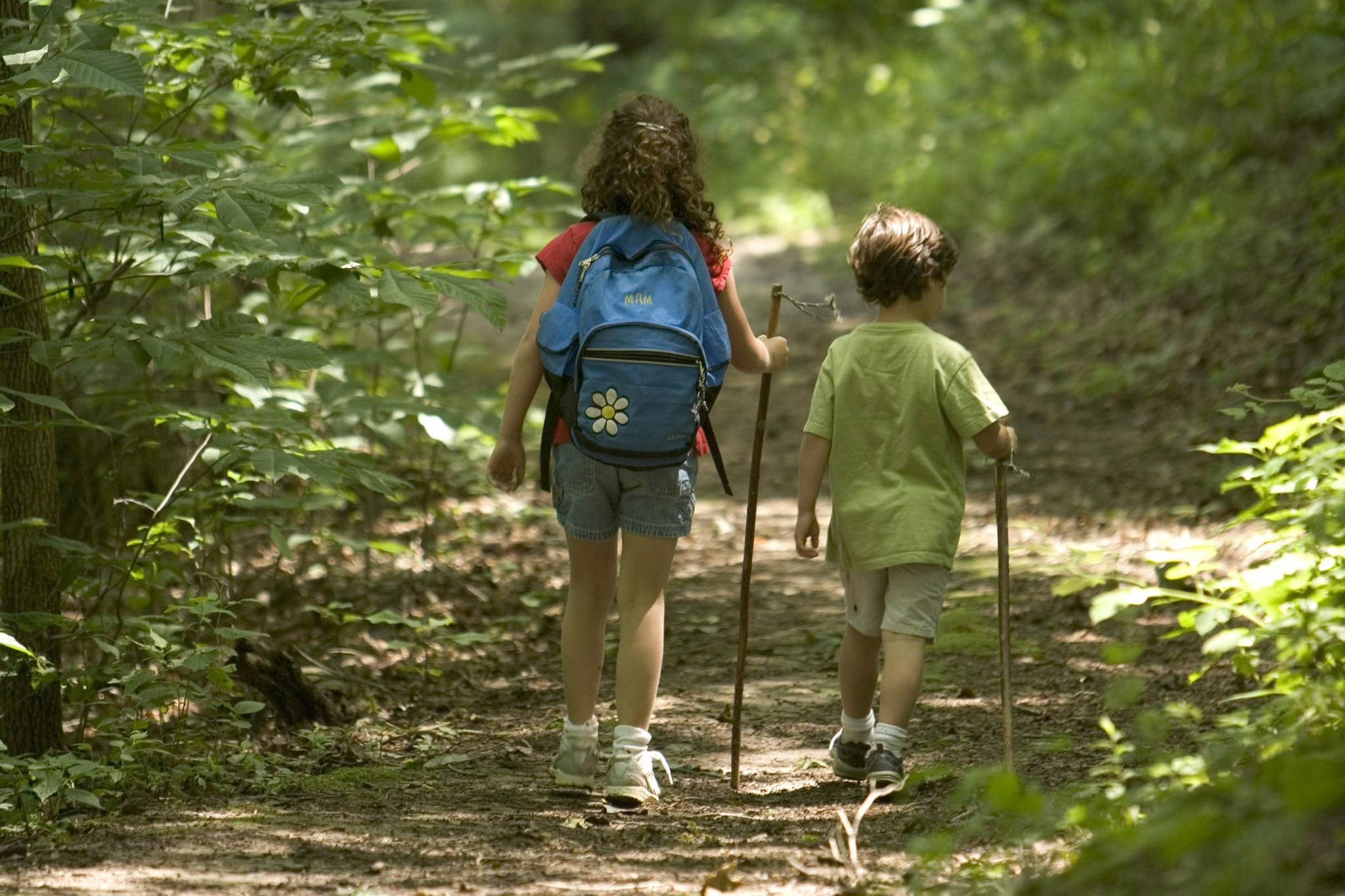Submitted by Washington State Parks and Recreation Commission
More than 14,000 kids who might not otherwise have opportunities to explore parks, forests and other outdoor places in Washington soon will be able to, thanks to about $1.3 million in funding, which Gov. Jay Inslee announced on July 15.
Awarded by the Washington State Parks and Recreation Commission, the No Child Left Inside grants focus on programs that provide outdoor education and recreation to underserved youth. This year’s No Child Left Inside grants will help kids spend a total of more than 1 million hours outside, doing everything from hiking to kayaking and rock climbing.
The Lopez Island Family Resource Center was granted $24,963 for “Getting Lopez Island Youth Outside.” It will use this grant to help 300 underserved youth, ages 2-18, living on Lopez Island participate in its youth outdoor education program. Year-round programming includes after-school activities and summer workshops outside that teach conservation, orienteering and awareness of the Salish Sea and surrounding environment. The program aims to improve youth self-esteem, community involvement and environmental stewardship. The center will contribute $60,865 in donations of cash and labor.
“This is about investing in our kids and making sure they have equal access to the outdoors,” Inslee said. “We know that kids who spend time outdoors do better in school, are less stressed and get more exercise and social interaction. Some of my best childhood memories happened outdoors, and this funding is a big part of making sure these opportunities — to learn, grow and discover the world around us — are open to everyone.”
Now in its fourth grant cycle, the No Child Left Inside program is seeing its highest demand ever: 173 applications, a 44 percent increase compared to the previous grant cycle.
“That kind of growth shows an unparalleled level of support for this program and what it means for kids’ health, emotional development, attention spans, understanding and overall happiness,” said Kaleen Cottingham, director of the Washington State Recreation and Conservation Office, which administers the grants. “With only enough funding for about 16 percent of the $8 million requested, it also represents how critical the need is in communities across Washington.”
Grant recipients will be matching the state funding and are contributing nearly $3 million in donations, equipment, labor, additional grants and other resources.




